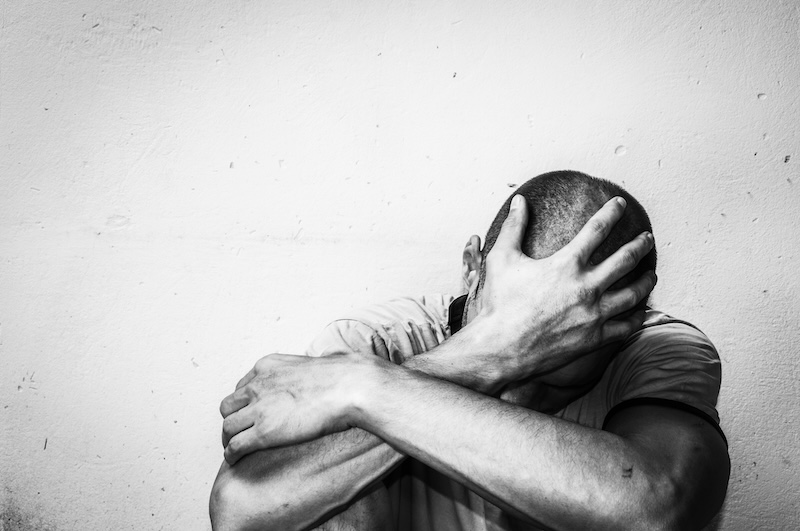The Tangled Web: Understanding How Addictions Can Be Intertwined
Many addictions don’t exist in isolation. The underlying issues that lead someone to abuse alcohol or drugs can also manifest in compulsive sexual behaviors. Family Restoration Counseling Services explores the complex connection between these addictions and how to approach treatment holistically.

Understanding the Linkages
- Escape and Numbing: Alcohol and drugs are often used to self-medicate emotional pain, anxiety, or past trauma. These substances can provide a temporary escape, but they don’t address the root cause of the problem. Similarly, compulsive sexual behavior can be a way to escape difficult emotions or feelings of emptiness.
- Dopamine Connection: Both substances and sexual activity stimulate the brain’s reward system, releasing dopamine, a pleasure-inducing neurotransmitter. Over time, individuals might turn to these behaviors to chase that “high,” creating a cycle of addiction.
- Loss of Control and Risk-Taking: Addiction can lead to impaired judgment and a willingness to take greater risks to obtain the desired substance or behavior. This can manifest in unsafe sex practices or engaging in sexual activities with others despite potential consequences.
- Relationships and Codependency: Addiction can strain relationships with family and friends. Some individuals might use sex as a substitute for healthy emotional connection, creating unhealthy codependent relationships.
Why Integrated Treatment is Crucial
Addressing only one addiction while ignoring the others can lead to relapse. Integrated treatment approaches tackle the underlying causes of all addictive behaviors simultaneously. This might include:
- Individual Therapy: Therapists explore the root causes of addiction and help individuals develop healthy coping mechanisms to manage emotional distress.
- Cognitive Behavioral Therapy (CBT): CBT helps individuals identify and change negative thought patterns that contribute to addictive behaviors.
- Group Therapy: Connecting with others struggling with similar issues fosters support and accountability, reducing feelings of isolation.
- Family Therapy: Including loved ones in the recovery process can improve communication and rebuild trust within the family unit.
Family Restoration Counseling Services: Helping You Break Free
Our experienced therapists understand the complex nature of co-occurring disorders and can provide comprehensive treatment plans tailored to your individual needs. We offer:
- A Safe and Supportive Environment: Where individuals feel comfortable exploring the root of their addictions without judgment.
- Dual Diagnosis Expertise: Our therapists are trained to address the specific challenges of co-occurring disorders.
- Family-Centered Approach: We believe family involvement is crucial for long-term recovery.
Don’t struggle alone. If you or someone you love is battling these intertwined issues, there is hope. Contact Family Restoration Counseling Services today to schedule a consultation and break free from the cycle of addiction.
